Become Aware of your Thoughts with Mindfulness
With mindfulness, we learn to become aware of our thoughts.
Once we are aware of the mental construct our mind has created (picture or word), and what is behind what we are feeling, it can be useful to challenge and explore our thoughts to see if they are still relevant, or just a 'story' from our past.
This activity is best completed as a daily journalling/writing practice to move your thoughts out of your head and onto the paper. Writing them down can help the mind build connections, make it easier to become the observer, and allow us to see them from a new perspective. It also means we are not ignoring or blocking them out, we are acknowledging them.
This is important as the more we ignore our thoughts or try to push them away the louder they become as our thoughts think they are helping us by sending us a message.
In saying that, you can use these questions constantly during the day, in any situation.
The main premise is this: the reality is our suffering comes from our own thoughts about a situation.
Thus, we can experience less suffering by exploring and even replacing our thoughts with more helpful alternatives.
E.g. when you believe that "my life is terrible" or "I'm a failure", it's not the situation that is creating it, we are.
When it comes to challenging our thoughts, I find these next 4 questions helpful.
Step 1. Write down a thought that keeps popping into your mind that is unhelpful or creates mild discomfort.
Step 2. Use these questions developed by Byron Katie to explore the belief.
Is it true?
What is the evidence that it may not be true?
Who would you be without the thought?
For example, if you’re driving in the car on the way to work and you’re feeling yourself getting anxious while thinking about it, how would you be if you didn’t have this thought at all?
If you were in this situation without this thought, you would probably be present, focusing on your environment, and at ease.
4. What is the opposite of that thought?
For example, if you’re angry at your partner and thinking to yourself “they’re making me angry”
The opposite would be.
“I’m making me angry” (which you can then explore and see what you can do to move through the anger.
Or if it’s “I’m a failure”
The opposite may be “I’m a success”.
Once you identify the new replacement thought, it’s useful to spend time thinking about all the reasons this may be true. 🙂
